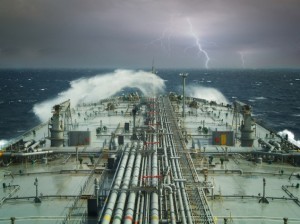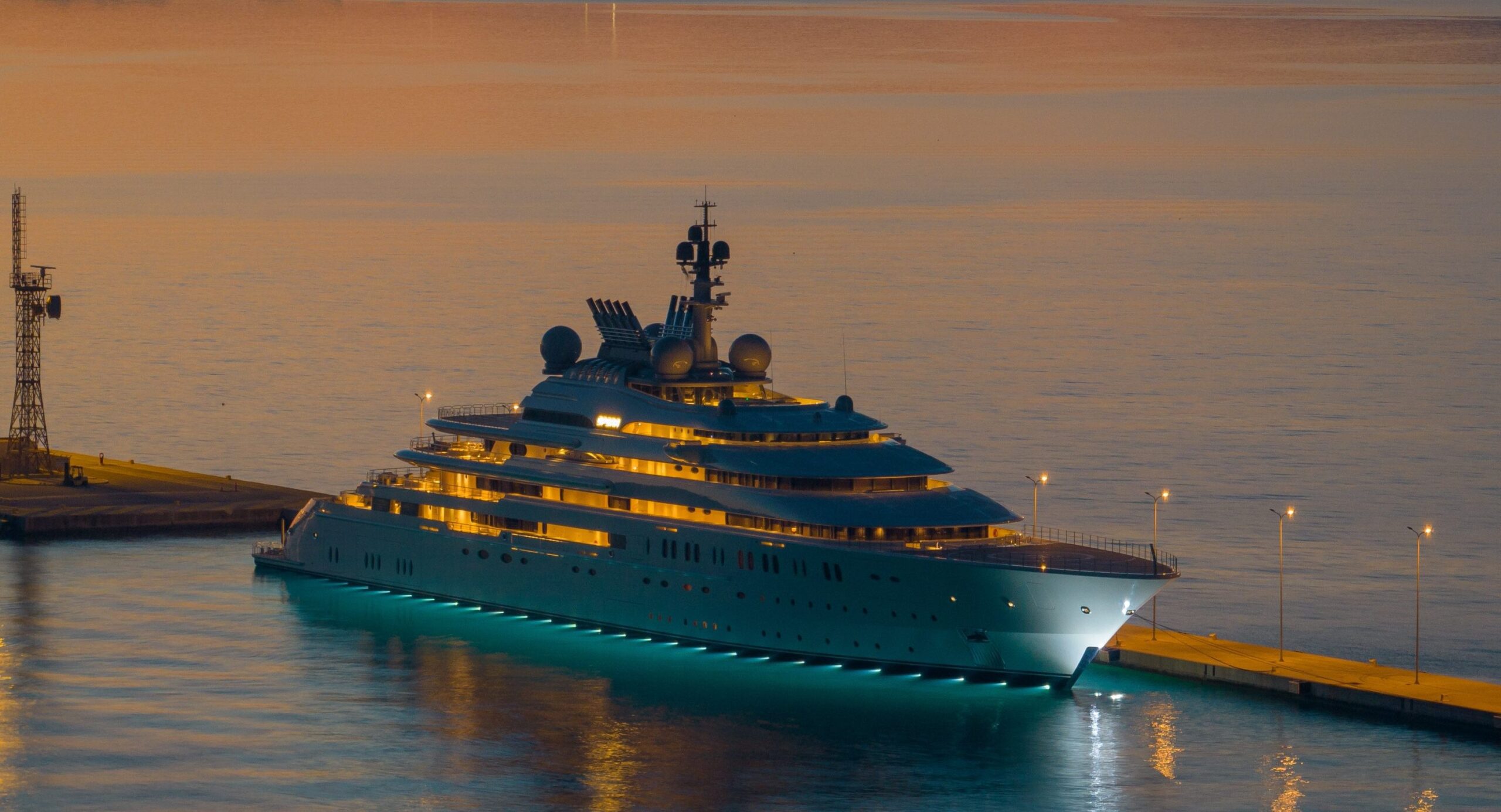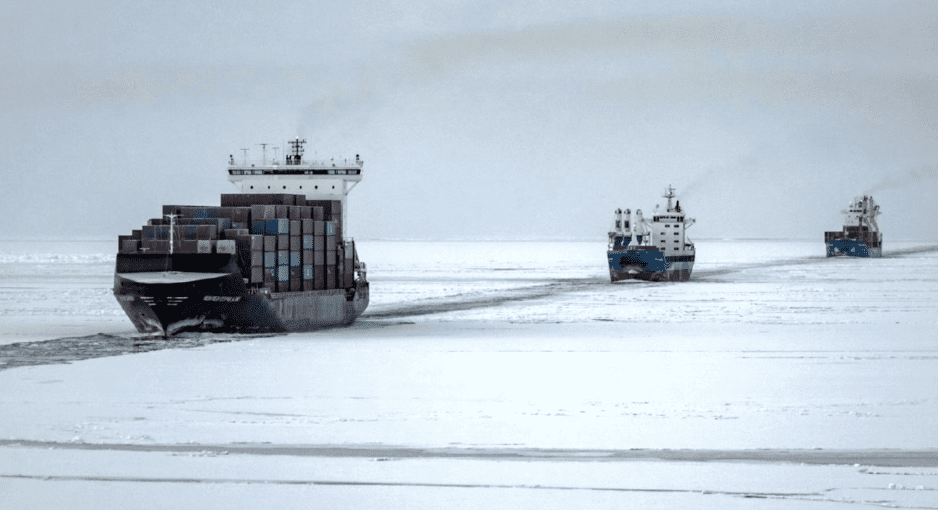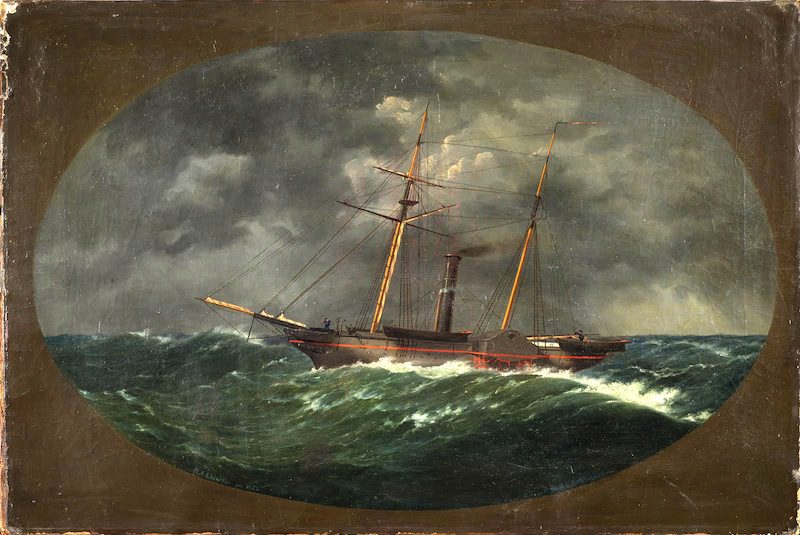In a surprising listing on the U.S. Federal Business Opportunities website, the United States Maritime Administration has indicated that it is commissioning a study seeking to revisit the use of double hulled tankers more than 20 years after the passing of OPA 90.
According to the SWO (Statement of Work) listing, Marad says it is seeking a third party contractor for the project that will examine the safety, economic and environmental issues of vessels to be constructed with double hulls.
As we know, the required phase out of single hull tankers began when the Oil Pollution Act of 1990 (OPA 90) was signed into law and was largely in response to rising public concern following the Exxon Valdez disaster. The requirement was soon adopted by the International Maritime Organization (IMO) and became a worldwide regulation. Now, more than 20 years later, Marad is questioning whether or not the added weight of double hulls (i.e. increased energy needed to propel them) justifies the lower risk of pollution from grounding.
“Though these double hulls reduce the threat of oil pollution as a result of grounding,” Marad states in the SOW, “they significantly increase the amount of energy needed to propel a vessel and increase the amount of air pollution into the atmosphere. As a result, the maritime industry’s carbon footprint and criteria pollutant emissions are increased.
“In addition to the need to burn more fuel, it is acknowledged that double hulls can cause several other problems which will be detailed in this study” Marad adds.
Specifically, Marad is granting one lucky contractor the year long project that will assess:
- The history in the evolvement of “The Double Hull Rules”.
- Rules that are being proposed in bodies such as the IMO, U.S. Congress and other such bodies’ worldwide as they relate to additional hulls for environmental reasons.
- All the relevant safety issues related to double hulls for each class of vessel.
- The economic impacts of Double Hulls. E.g. increased construction cost, decreased cargo capacity.
- The carbon footprint of designing, constructing, maintaining and operating of double hull vessels.
Why Marad chose to question the use of double hull tankers now is unclear, especially after the global industry has spent the last 20 years phasing out the use of single hulls.
Let us know your thoughts on this study by commenting or joining the discussion in the gCaptain Forum, HERE.
Read: SOW – Study on the Safety, Economic and, Environmental Issues of Double Hulls

 Join The Club
Join The Club











